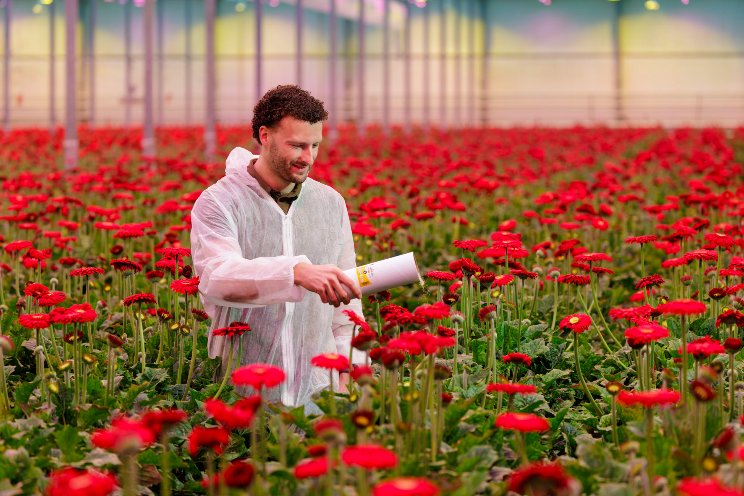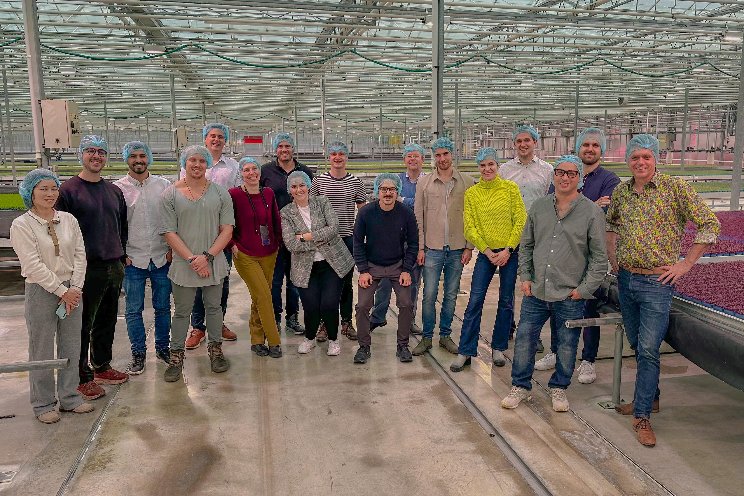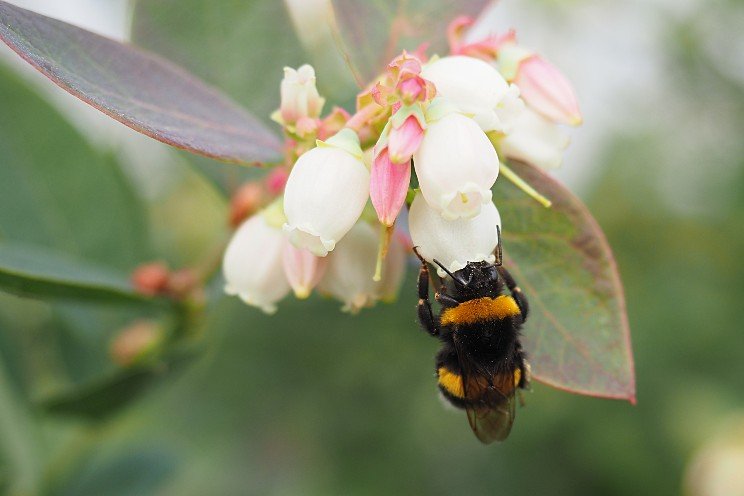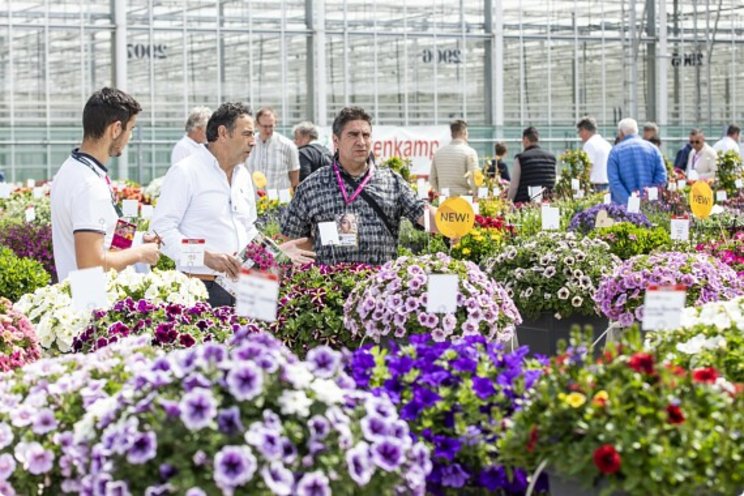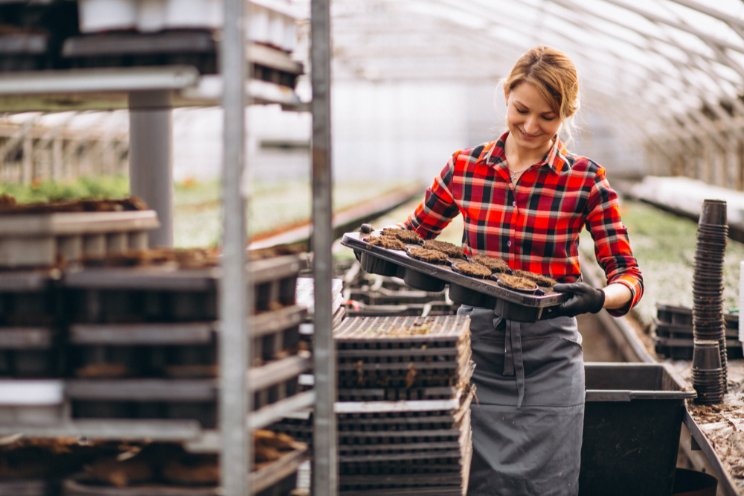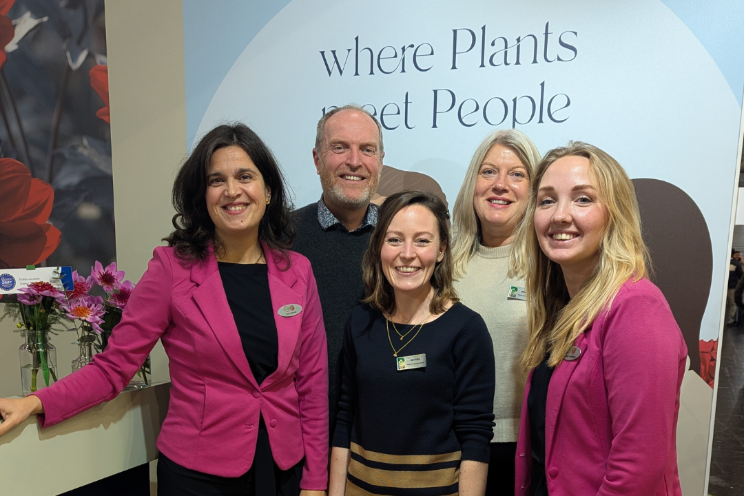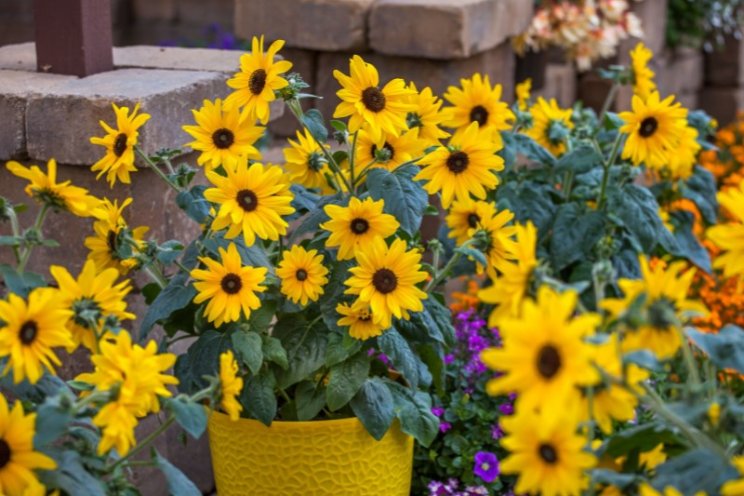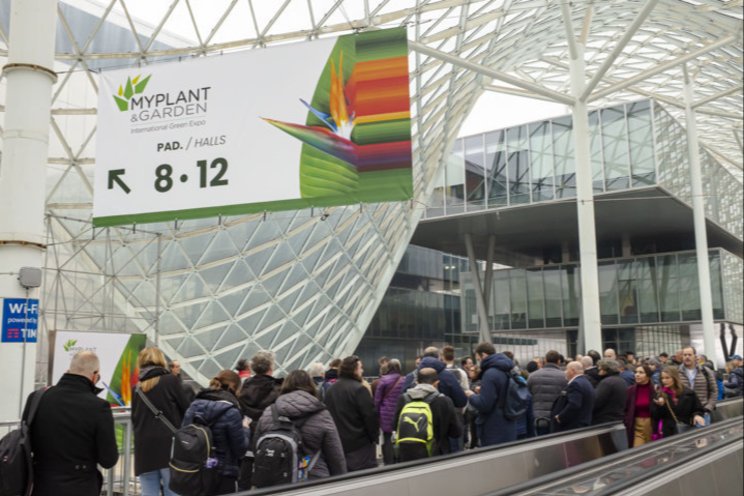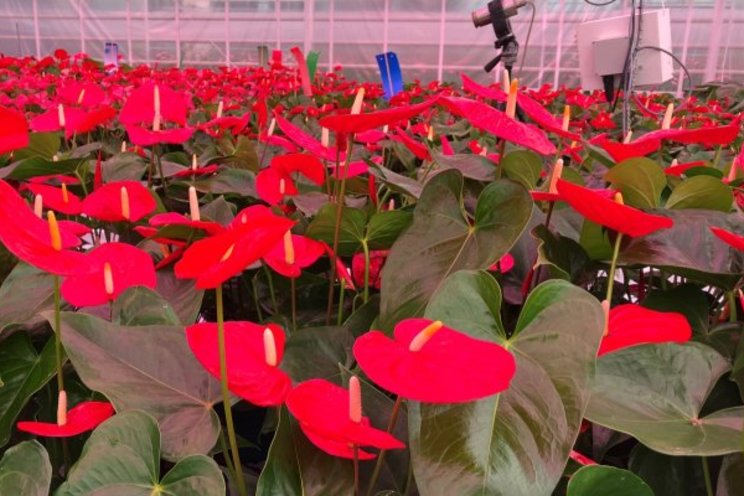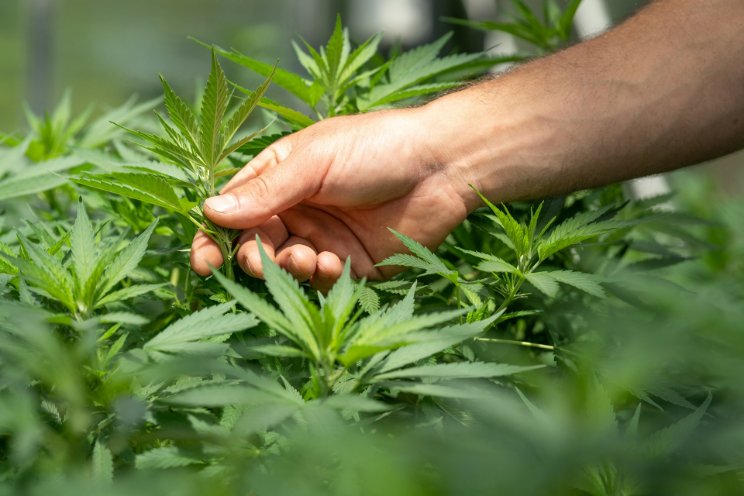Dutch horticulture helping achieve climate goals
Added on 01 December 2023

Nearly 70,000 participants from governments, NGOs, and the business community are expected at COP28. During the climate summit, the world will take stock of progress on the Paris Agreement and the measures it sets out. The aim is to accelerate efforts to chart a course of action to cap global warming to a maximum of 1.5 °C.
In recent decades, Dutch horticulture has become a major global player in the field of technological solutions for major social challenges such as global population growth, climate change, and demand for local food production. With Controlled Environment Agriculture (CEA), the Netherlands can deliver a unique contribution to efficient cultivation systems.
More with less
During COP28, the Dutch horticulture representatives (Top Sector Horticulture & Starting Materials, AVAG and GreenTech Global) will highlight the possibilities of CEA 8. An optimised climate for a specific crop can be created in a controlled environment, which makes it possible to increase yields on a small area with a limited environmental impact. CEA lowers water consumption, eliminates the need for plant protection products, reduces land use, increases biodiversity, and allows nutrients to be reused. Integrating this method of food production into the environment enables the utilisation of existing waste and sustainable energy sources within a circular system. CEA is highly adaptable to local conditions, making it a versatile solution applicable worldwide.
Provide food, greenery, and better health
CEA is ready to provide urban areas across the globe with food, greenery, and better health. Horticulture is therefore taking us a step closer to the UN sustainability goals (SDGs), such as zero hunger and responsible consumption and production. Anneke van de Kamp of Top Sector Horticulture & Starting Materials: ‘Dutch horticulture is the leading innovative breeding ground for sustainable solutions for global social problems. With its expertise, seeds and technology, the sector is making a significant contribution to food security and safety across the planet. If we combine the innovative power of Dutch expertise in controlled cultivation with local insights, we can jointly develop global, sustainable, and climate-proof solutions. Join the Circular CEA climate movement for affordable fresh and local food for all.’
More news
